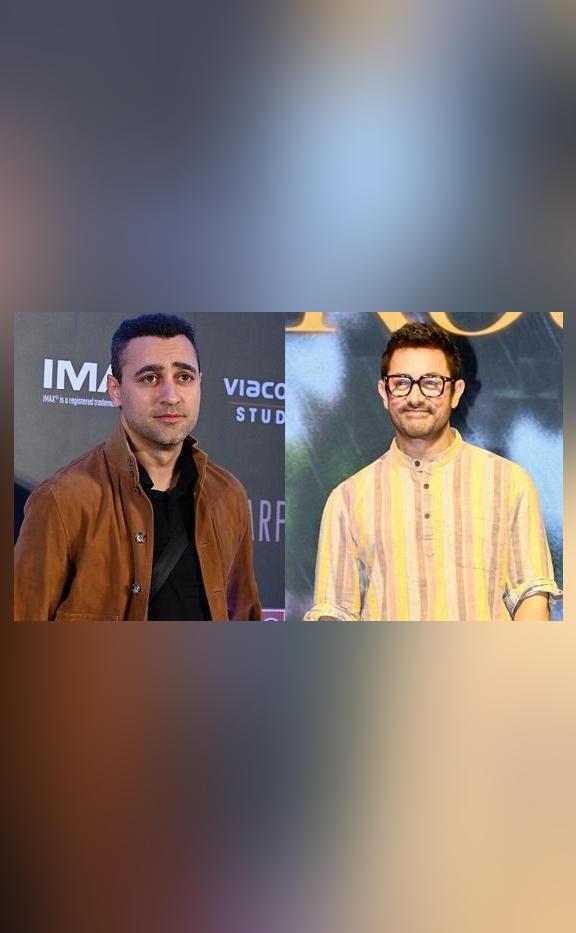
Some of Aamir’s 90s films problematic through modern lens: Imran
The 1990s was a pivotal decade for Bollywood, with the arrival of new talent and the rise of superstars like Shah Rukh Khan, Salman Khan, and Aamir Khan. Aamir Khan, in particular, made a lasting impact with his unique blend of acting, direction, and production skills. However, with the passage of time, some of his 90s films have been re-examined through a modern lens, and opinions on them have shifted. Recently, actor Imran Khan, Aamir’s nephew, shared his thoughts on some of his uncle’s 90s films, stating that they have not aged well and are problematic.
Imran Khan, who has appeared in films like “Jaane Tu… Ya Jaane Na” and “Once Upon a Time in Mumbaai”, expressed his concerns about certain aspects of his uncle’s films from the 90s. In an interview, he opined that some of Aamir’s films from that era are uncomfortable to watch today. “Raja Hindustani”, which was a massive hit at the time, is one such film that Imran finds problematic. He stated, “Raja Hindustani, which was a staggering hit, is very uncomfortable to watch.”
Imran’s comments have sparked a debate about the portrayal of women and relationships in Aamir’s 90s films. “Raja Hindustani” (1996), in particular, has been criticized for its objectification of the female lead, Karisma Kapoor. The film’s storyline, which revolves around a romantic affair between a young man and a married woman, has been seen as problematic by many. Imran’s admission that the film is uncomfortable to watch today suggests that he too has concerns about its portrayal of women and relationships.
Another Aamir Khan film from the 90s that has been re-examined is “Jo Jeeta Wohi Sikandar” (1992). While the film is still remembered fondly by many, some critics have argued that it perpetuates negative stereotypes about women and features a problematic portrayal of a female character. The film’s storyline, which revolves around a group of young friends and their struggles, has been praised for its portrayal of male bonding and friendship. However, some have argued that the female characters in the film are relegated to secondary roles and are often depicted as objects of desire.
Imran Khan’s comments about Aamir’s 90s films have also sparked a debate about the evolution of Indian cinema. As Indian society and culture have undergone significant changes over the past few decades, so too have the themes and portrayal of women in Indian films. Many of Aamir’s 90s films, including “Raja Hindustani” and “Jo Jeeta Wohi Sikandar”, were made during a time when gender roles were more rigidly defined and women were often depicted in stereotypical roles.
Despite his reservations about some of his uncle’s 90s films, Imran Khan still looks up to Aamir as a role model. In fact, when facing a dilemma, Imran often finds himself thinking, “What would Aamir do?” This suggests that he has respect for his uncle’s values and principles, even if he disagrees with certain aspects of his films. Imran’s comments also highlight the importance of considering the cultural and social context in which films were made, rather than simply judging them by modern standards.
In conclusion, Imran Khan’s comments about Aamir’s 90s films have sparked a important conversation about the portrayal of women in Indian cinema. While some of Aamir’s films from the 90s may have been groundbreaking at the time, they can be seen as problematic through a modern lens. As Indian cinema continues to evolve, it is essential to consider the impact of our films on society and to strive for greater representation and inclusivity.






